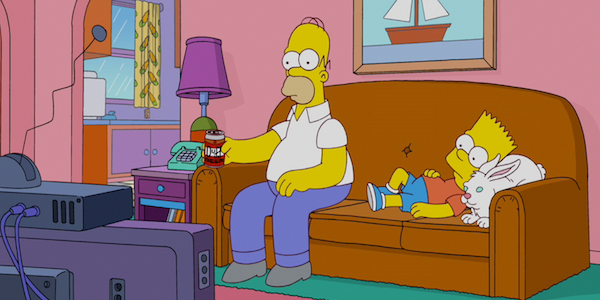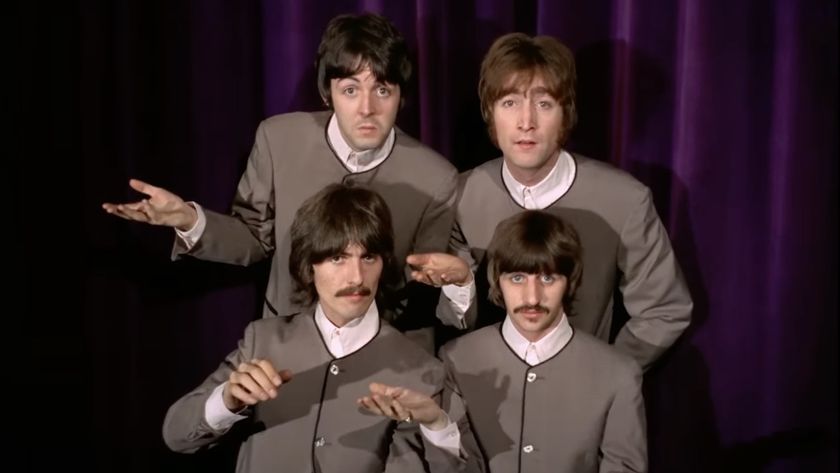The Big Ways Broadcast TV Could Be Changing Soon, Thanks To The FCC

Television technology improves every year, and the youngest generation of consumers has seen some massive leaps in the realm of retail electronics. However, it looks like one of the most interesting technological advancements in the small screen realm has just passed an enormous hurdle. Specifically, the FCC has officially approved the decision to allow broadcasters to start implementing Next Gen TV, so get ready for some major upgrades on the way at some point.
As it turns out, Next Gen TV isn't just a fancy label; it could potentially lead to some legitimately great improvements in television functionality. Some of these are the types of enhancements that you would generally expect from an improved broadcast signal, such as enhanced picture and sound quality. Other developments in the Next Gen technology could allow for some additional impressive features such as interactivity, which could be ideal for kids' shows, and targeted advertisements, which could be ideal proof for paranoid people thinking their TVs are spying on them; plus, it would potentially allow for second screen options that don't charge more data to consumers. There are numerous advantages for broadcast to want to switch things up, as partially led by the desire to compete more directly with streaming platforms like Netflix or Hulu. Who knows? Pretty soon you might not even need to stream if you want to binge-watch something.
Although the potential of Next Gen TV technology likely has many of you incredibly excited about the medium's future, it's also worth mentioning that the rollout of the tech isn't mandatory. According to Variety, the FCC has merely laid the groundwork for its widespread adoption in a voluntary capacity, so broadcasters and consumers don't necessarily have to make the transition just yet, though that may come one day down the line.
On that note, it's also worth pointing out that the FCC's decision was met with a certain degree of opposition. Some on the broadcast side of this development have voiced concern over the increased cost of embracing newer technology -- specifically because the FCC does not have to cover the overall cost of providing upgrades. Moreover, the boom of Next Gen TV also presents issues of consumer privacy and raises concerns about whether or not customers could be monitored with this new targeted-tech.
Beyond that, the rollout of Next Gen TV could create problems for people who want to stick to the current standard, since current broadcast signals could potentially be dropped and lost. These are all valid concerns that potential users and broadcasters may have, so they will need to be discussed and hashed out on a national scale as this technology gets moving.
Speaking of that, this move to Next Gen TV won't happen overnight. As Next Gen TV remains voluntary (with traditional broadcasts still offered via simulcast) at this stage, the technology will be rolled out in phases as broadcasters and the FCC work to make it the ultimate standard. If it's anything like the transition to digital television, it could take years, leaving many people in the dark.
There's still plenty more television news to get to before Next Gen TV starts its big rollout, so make sure to take a look at our 2017 fall TV premiere guide, as well as our guide to all of the shows that left us this season. To hear what we here at CinemaBlend have to say about streaming TV (such as this weekend's release of The Punisher) make sure to listen to The Cord Cutter Podcast as well!
CINEMABLEND NEWSLETTER
Your Daily Blend of Entertainment News
Originally from Connecticut, Conner grew up in San Diego and graduated from Chapman University in 2014. He now lives in Los Angeles working in and around the entertainment industry and can mostly be found binging horror movies and chugging coffee.










